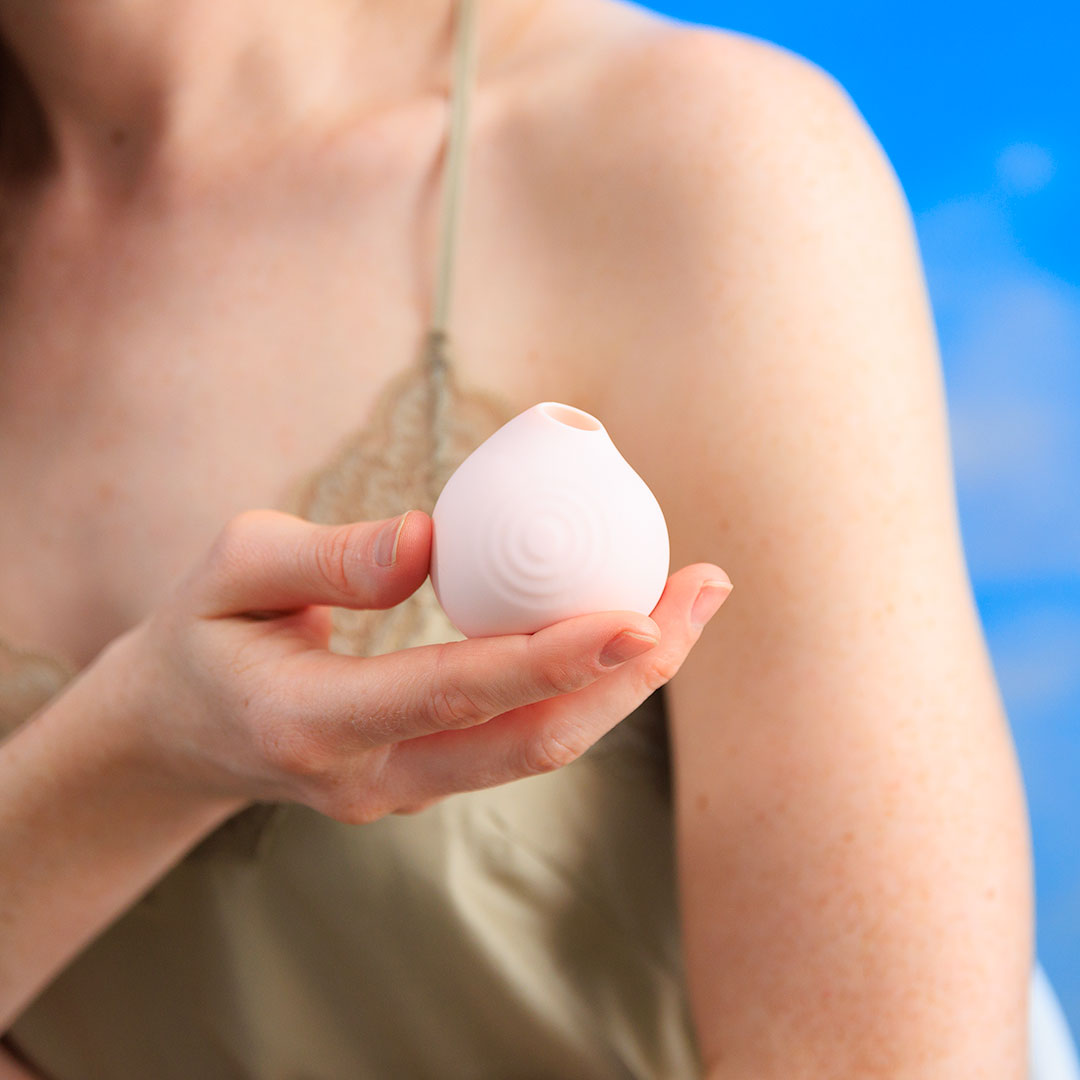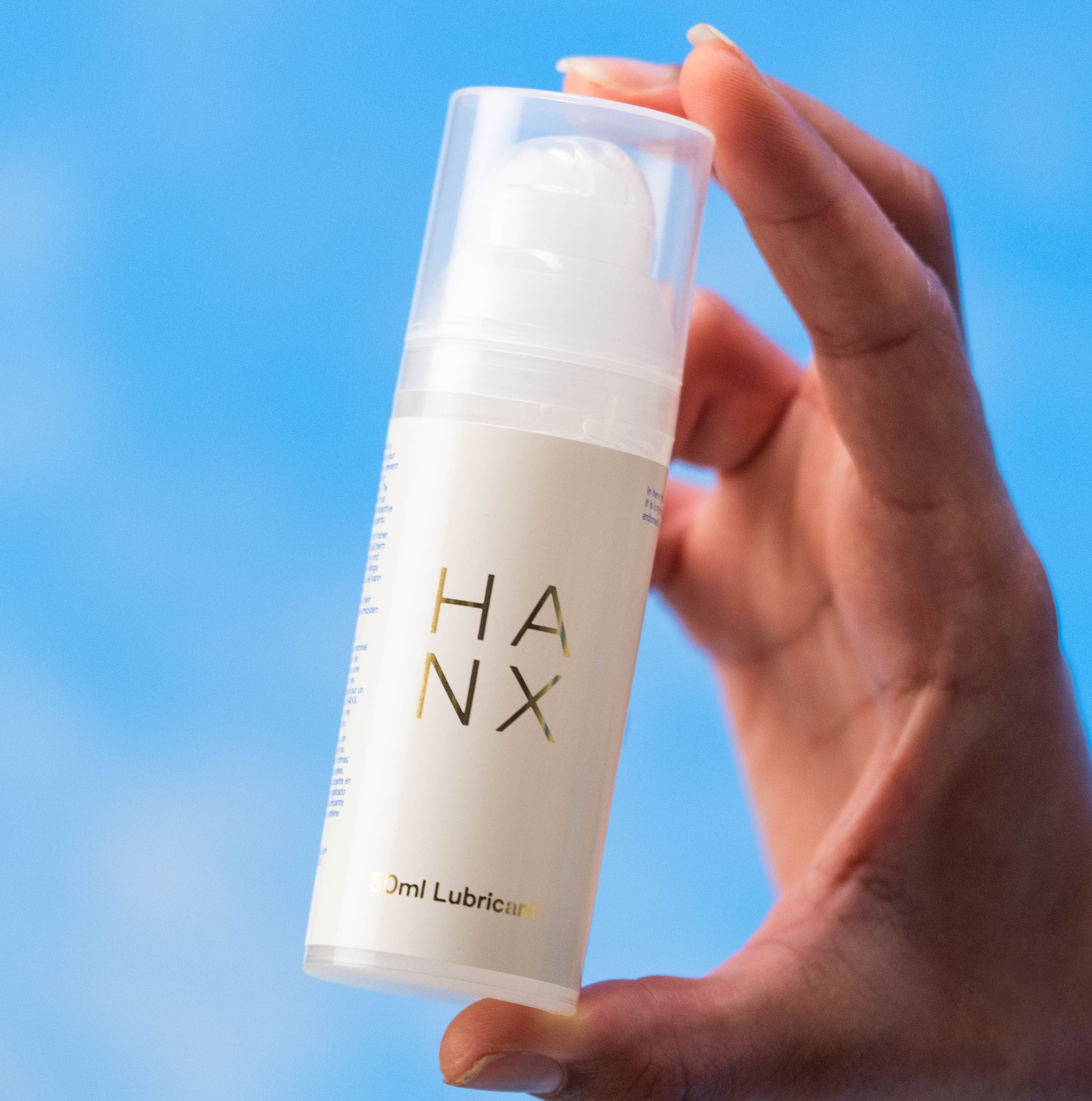Is This The Beginning of the End for Bacterial Vaginosis?
This one goes out to our bacterial vaginosis baddies. If you’ve experienced the smelly, watery (and even grey) discharge and plain misery of B.V., you’ll likely know the frustration when this infection’s symptoms reappear not long after you thought you waved goodbye. Firstly, it’s not your fault. B.V. tends to make an unwelcome comeback within a few months, and that usually means more antibiotics… until the next time. However, this cycle could soon be a distant memory. A new study from researchers at Harvard and MIT has found that oleic acid, a fatty acid that is naturally abundant in our bodies, could hold the key to a cure for bacterial vaginosis. Let’s dive into the details…
What causes bacterial vaginosis?
Bacterial vaginosis (BV) is a very common condition that is caused by an imbalance of bacteria in the vagina, which causes abnormal vaginal discharge, which may be grey, watery and develop a distinctive ‘fishy’ smell. This condition is characterised by an overgrowth of bacteria found in the vagina, which upsets its natural balance. Our vaginas naturally host “good bacteria” that help things stay healthy, including anaerobic bacteria (bacteria that grow without oxygen) and lactobacilli bacteria. However, in B.V., the anaerobic bacteria increase in number, killing off the lactobacilli bacteria and disrupting the vaginas natural balance, meaning it becomes less acidic than normal. This environment perpetuates the growth of anaerobic bacteria. Furthermore, bacterial vaginosis is commonly treated with antiobiotics, but these can negatively impact Lactobacillus - and anything less than 90% of vaginal lactobacilli can put you at risk of infections.
So, what did the study find?
Lead researcher Meilin Zhu, a doctoral student with the Broad Institute of Harvard and MIT, tested various strains of vaginal bacteria with oleic acid and discovered that this fatty acid not only hindered the growth of harmful Lactobacillus iners, but also encouraged the growth of beneficial strains. Oleic acid is a fat that can be found naturally in olive oil, nuts, avocado and soy beans - and is produced by bodies, too. It’s really exciting that the study showed oleic acid was able to effectively suppress other bacteria linked to bacterial vaginosis, even those resistant to traditional antibiotics. These findings suggest that oleic acid could be a promising solution for restoring a balanced and healthy microbiome in the female genital tract following B.V..
So, is slathering olive oil on our vaginas a new treatment for bacterial vaginosis?
Not quite. The pioneering study IS however a major step forward in progressing women’s health. As Zhu says:
“We used state-of-the-art genetics tools that a lot of researchers in vaginal microbiology haven't had access to, even though they’re the gold standard for any mechanistic study.”
So whilst these results are very exciting, the study hasn’t yet moved to human clinical trial. In the meantime, we, and many B.V. sufferers, will be crossing our fingers that it goes ahead and finds long-term relief from recurring bacterial vaginosis. Medical investors, take note - these exciting results are proof that we need more funding into vaginal health research.
Over to Zhu who says:
“Current treatment methods work as well as a coin flip, and that hasn't changed in more than 40 years of medical practice, so new methods are needed to help patients.”
That's oil for now - but watch this space...
Want more?
- How do you prevent bacterial vaginosis? Step away from the douche. Find out more.
- Order discreetly-delivered, trustworthy bacterial vaginosis treatments at HANX.






















